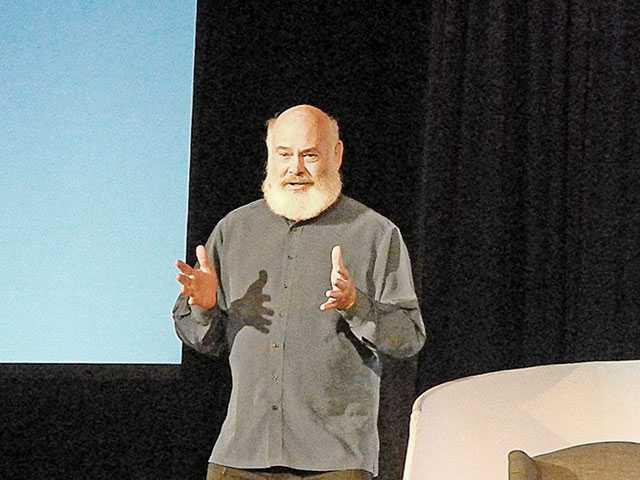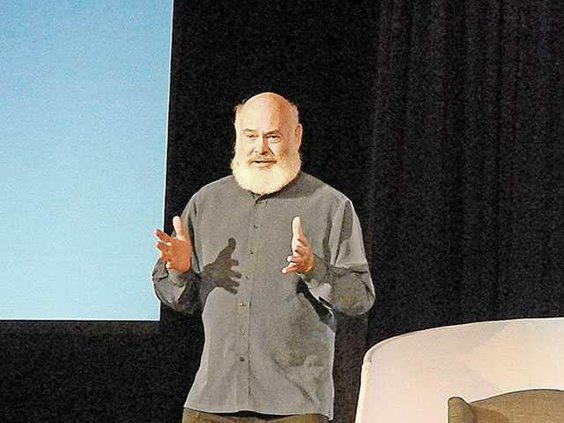Turmeric, a rootstock perennial plant that is a cousin to the ginger family, is used as a spice in many Middle Eastern recipes. But recent studies indicate that turmeric could hold medicinal value as well.
Dr. Andrew Weil, an American physician, teacher, and author on holistic health and the founder and director of the Arizona Center for Integrative Medicine at the University of Arizona, lectured on the anti-inflammatory properties of turmeric in Savannah last year.
Weil said that when the body and immune system are working properly, inflammation is the cornerstone of the body’s healing system.
“It is how the body gets more nourishment and immune activity to an area that been injured or under attack,” he said during the lecture. “But if inflammation persists, if it serves no purpose, it becomes productive of disease ... it destroys tissue and causes damage.”
Weil added that external influences such as living a sedentary lifestyle, having a diet of highly processed food and not providing the immune system with proper nourishment might lead to dangerous forms of inflammation that result in arthritis, coronary artery disease and other ailments associated with aging.
“Alzheimer’s disease begins as an inflammatory process in the brain,” he said. “Coronary heart disease … the root there seems to be inflammation in the lining of our arteries.”
He said studies suggest a link between inflammation and cancer.
“The same hormones that regulate inflammation also stimulate cells to divide more frequently,” he said. “And anything that pushes the body in the direction of increased inflammation is also pushing the body in the direction of increased possibility of malignant transformation.”
Weil said that if illnesses have inflammation as a common root, then there is a common strategy to use when dealing with them.
“And turmeric is the most potent and natural anti-inflammatory agent that’s been found,” Weil said adding he now advocates an anti-inflammatory diet rich in turmeric.
Turmeric contains a substance called curcumin, which is thought to be an antioxidant. Weil said turmeric has been used for thousands of years in Asian medicine to treat a variety of maladies.
In 2007, ethnobotanist James A. Duke, Ph.D., published one of the most comprehensive summaries of turmeric, Weil said.
Reviewing some 700 studies, Duke concluded that turmeric appears to outperform many pharmaceuticals in fighting several chronic, debilitating diseases — with virtually no side effects.
According to a study conducted by the Mayo Clinic, laboratory and animal research suggests that curcumin may prevent cancer, slow the spread of cancer, make chemotherapy more effective and protect healthy cells from damage by radiation therapy.
The University of Maryland Medical Center reported that curcumin has been shown to lower the levels of two enzymes in the body that cause inflammation. It also stops platelets from clumping together to form blood clots.
Weil said the key is adding turmeric to your diet. The best way for the body to absorb turmeric, he said, is to make sure it is taken along with some black pepper.
Simply adding one heaping teaspoon into most any recipe can start to boost the anti-inflammatory benefits.
One Green Planet, a website for vegans and the health-conscious, recommends a turmeric tea that, if sipped before bedtime, can also improve your sleep. Simply heat 1 cup of coconut or soy or almond milk. Mix in 1 teaspoon of turmeric, 1 teaspoon of cinnamon and 1 teaspoon of your sweetener of choice, and enjoy.
Turmeric, more than just a cooking spice


Sign up for our e-newsletters